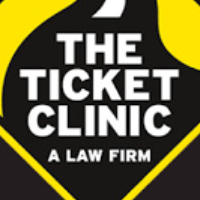Clearwater DUI-DWI Lawyer, Florida
Sponsored Law Firm
-
 x
x

Click For More Info:
-
Law Office of Mark S. Guralnick
55 Madison Avenue 4th Floor Morristown, NJ 07960» view mapCriminal Defense Law Dedicated. Fearless. Successful.
Mark S. Guralnick and his legal team have helped clients throughout the USA and across the world by applying unparalleled dedication and hard work to each case.
800-399-8371
Daniel Scott Hartpence
✓ VERIFIEDAccident & Injury, Personal Injury, Car Accident, Criminal, DUI-DWI
Daniel Hartpence was born and raised in Fayetteville, Georgia. As the son of a chiropractor and teacher, he was instilled with the drive and motivatio... (more)
Charles Richard Lambert
✓ VERIFIEDCriminal, DUI-DWI
Charles Lambert is a practicing attorney in the state of Florida who handles criminal defense matters.
Walter L. Grantham
Products Liability, Medical Malpractice, DUI-DWI, Car Accident
Status: In Good Standing
FREE CONSULTATION
CONTACTFREE CONSULTATION
CONTACTFREE CONSULTATION
CONTACTFREE CONSULTATION
CONTACTFREE CONSULTATION
CONTACTFREE CONSULTATION
CONTACT Mark Guralnick Morristown, NJ
Mark Guralnick Morristown, NJ AboutLaw Office of Mark S. Guralnick
AboutLaw Office of Mark S. Guralnick Practice AreasExpertise
Practice AreasExpertise





